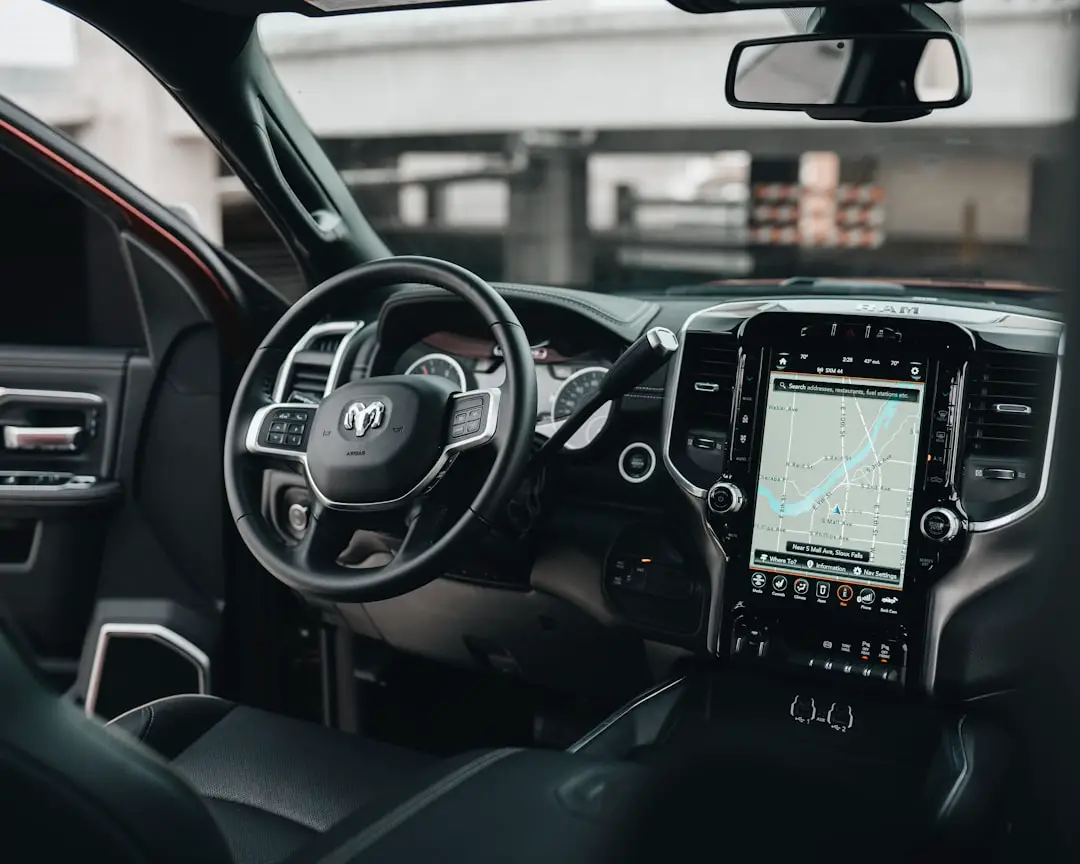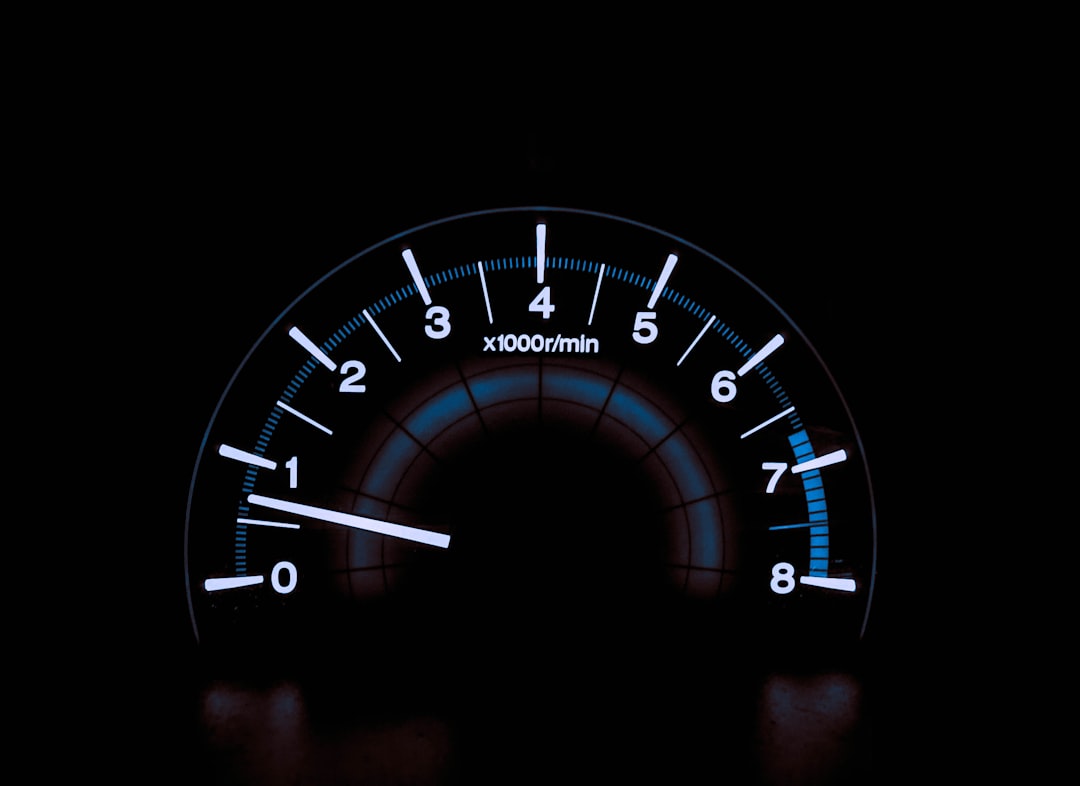Support our educational content for free when you purchase through links on our site. Learn more
What Happens if You Lease a Car and Hate It? [2024] 🚗

Have you ever leased a car and found yourself regretting your decision? Maybe the car didn’t live up to your expectations, or you simply didn’t enjoy driving it. Whatever the reason, it’s important to know what options you have if you find yourself in this situation. In this article, we’ll explore what happens if you lease a car and hate it, and provide you with some tips and advice on how to navigate this situation. So buckle up and let’s dive in!
Quick Answer
If you lease a car and hate it, you have a few options to consider:
- Option 1: Transfer the Lease – You can transfer the lease to someone else who is willing to take over the remaining payments.
- Option 2: Buyout and Sell the Car – You can buy the leased car and then sell it to recoup some of your expenses.
- Option 3: Trade-In the Car – You can trade in the leased car for a different vehicle, although this may come with additional costs.
- Option 4: Negotiate with the Leasing Company – You can try to negotiate with the leasing company to find a solution that works for both parties.
Now that you have a quick overview, let’s explore each option in more detail and provide you with some quick tips and facts along the way.
Quick Tips and Facts
- Tip: Before signing a lease agreement, thoroughly research the car you’re considering and take it for a test drive to ensure it meets your expectations.
- Fact: Leasing a car can be a great option for those who prefer to drive a new vehicle every few years without the commitment of ownership.
- Tip: It’s important to carefully read and understand the terms and conditions of your lease agreement, including any early termination fees or penalties.
- Fact: Early termination fees for car leases can be substantial and vary based on the remaining lease term.
- Tip: If you’re considering transferring your lease, make sure to check with the leasing company to see if they allow lease transfers and what the requirements are.
- Fact: Buying out your leased car and selling it can be a good option if you’re able to sell it for more than the buyout price, but keep in mind that you’ll be responsible for any negative equity.
- Tip: When trading in a leased car, be prepared for additional costs such as lease termination fees and any negative equity that may be rolled into your new car loan.
- Fact: Negotiating with the leasing company may be an option if you’re experiencing financial hardship or have a valid reason for wanting to terminate the lease early.
Now that you have some quick tips and facts to keep in mind, let’s delve into each option in more detail.
Background: Leasing a Car

Before we explore what happens if you lease a car and hate it, let’s take a moment to understand the basics of car leasing. Leasing a car is essentially a long-term rental agreement where you pay a monthly fee to use the vehicle for a specified period of time, typically two to four years. At the end of the lease term, you return the car to the leasing company.
Leasing can be an attractive option for those who prefer to drive a new car every few years without the commitment of ownership. It often allows for lower monthly payments compared to financing a car purchase. However, it’s important to carefully consider your needs and preferences before deciding to lease a car.
Option 1: Transfer the Lease
✅ Pros:
- Allows you to transfer the lease to someone else, avoiding early termination fees.
- Gives you the opportunity to find someone who may be interested in taking over the lease.
❌ Cons:
- Requires finding a qualified individual who is willing to take over the lease.
- May involve transfer fees and additional paperwork.
If you find yourself hating your leased car, one option to consider is transferring the lease to someone else. Lease transfers, also known as lease assumptions, allow you to transfer the lease to another individual who is willing to take over the remaining payments and assume responsibility for the car.
To transfer a lease, you’ll typically need to find someone who meets the leasing company’s requirements, such as having a good credit score and meeting any income or age restrictions. Once you find a qualified individual, you’ll need to work with the leasing company to complete the necessary paperwork and transfer the lease.
It’s important to note that lease transfers may come with some fees, such as transfer fees charged by the leasing company. Additionally, you may still be held responsible for any damages or excess mileage on the car, so it’s important to ensure that the person taking over the lease understands their obligations.
Option 2: Buyout and Sell the Car
✅ Pros:
- Allows you to recoup some of your expenses by selling the car.
- Gives you the opportunity to find a car that better suits your needs and preferences.
❌ Cons:
- Requires you to buy the car, which may involve additional costs.
- May result in negative equity if the car’s value is less than the buyout price.
Another option to consider if you hate your leased car is buying out the lease and then selling the car. When you buy out a lease, you’re essentially purchasing the car from the leasing company. The buyout price is typically determined by the leasing company and may include the residual value of the car plus any fees or taxes.
Once you’ve bought out the lease, you can then sell the car to recoup some of your expenses. This option can be beneficial if you’re able to sell the car for more than the buyout price, allowing you to make a profit or at least break even. However, it’s important to keep in mind that you’ll be responsible for any negative equity if the car’s value is less than the buyout price.
Before deciding to buy out and sell the car, it’s important to consider the costs involved, such as any fees associated with the buyout process and any taxes or registration fees when selling the car. Additionally, you’ll need to find a buyer for the car, which may take some time and effort.
Option 3: Trade-In the Car
✅ Pros:
- Allows you to get out of the lease and into a different vehicle.
- May provide you with the opportunity to negotiate a better deal on a new car.
❌ Cons:
- May involve additional costs such as lease termination fees and negative equity.
- Requires finding a new car that meets your needs and preferences.
If you’re unhappy with your leased car, another option to consider is trading it in for a different vehicle. When you trade in a leased car, you essentially return it to the leasing company and use any equity or negative equity towards the purchase or lease of a new car.
Trading in a leased car can be a convenient option if you’re looking to get out of the lease and into a different vehicle. However, it’s important to keep in mind that there may be additional costs involved, such as lease termination fees and any negative equity that may be rolled into your new car loan.
Before deciding to trade in the car, it’s important to carefully consider your needs and preferences and find a new car that meets them. Take the time to research and test drive different vehicles to ensure that you’re making the right choice.
Option 4: Negotiate with the Leasing Company
✅ Pros:
- Gives you the opportunity to find a solution that works for both parties.
- May result in a modified lease agreement or alternative options.
❌ Cons:
- Success in negotiating with the leasing company may vary.
- May require persistence and patience.
If you find yourself hating your leased car, it’s worth considering reaching out to the leasing company to discuss your options. While not all leasing companies may be open to negotiation, some may be willing to work with you to find a solution that works for both parties.
When negotiating with the leasing company, it’s important to clearly communicate your concerns and reasons for wanting to terminate the lease early. This may include financial hardship, a change in circumstances, or dissatisfaction with the car. Be prepared to provide any supporting documentation or evidence to support your case.
The leasing company may offer alternative options, such as modifying the lease agreement, extending the lease term, or allowing you to temporarily lower or suspend your payments. Keep in mind that the outcome of the negotiation will depend on the leasing company’s policies and your specific circumstances.
FAQ

Why is it a waste of money to lease a car?
Leasing a car can be a waste of money for some individuals due to several factors. First, leasing a car means you’re essentially renting it for a specific period of time, and at the end of the lease term, you don’t own the car. This means that you won’t have any equity in the vehicle and won’t be able to sell it to recoup some of your expenses.
Additionally, leasing a car often comes with mileage restrictions and wear and tear guidelines. If you exceed the mileage limit or don’t properly maintain the car, you may be subject to additional fees or penalties. Finally, leasing a car typically involves monthly payments, which can add up over time and may not be the most cost-effective option in the long run.
Read more about “Why is it not a good idea to put money down on a lease? … 💰”
How can I get out of a car lease without ruining my credit?
Getting out of a car lease without ruining your credit can be challenging, but it’s not impossible. Here are a few options to consider:
-
Transfer the Lease: As mentioned earlier, you can transfer the lease to someone else who is willing to take over the remaining payments. This can help you avoid any negative impact on your credit.
-
Negotiate with the Leasing Company: Reach out to the leasing company and explain your situation. They may be willing to work with you to find a solution that doesn’t negatively impact your credit, such as modifying the lease agreement or allowing you to temporarily lower or suspend your payments.
-
Buyout and Sell the Car: If you’re able to buy out the lease and sell the car for more than the buyout price, you can use the proceeds from the sale to pay off the lease and avoid any negative impact on your credit.
-
Seek Legal Advice: If you’re facing financial hardship or other extenuating circumstances, it may be worth consulting with a lawyer who specializes in consumer law. They can provide guidance on your specific situation and help you explore your options.
Remember, it’s important to carefully consider the potential impact on your credit before making any decisions. It may be helpful to consult with a financial advisor or credit counselor to fully understand the implications.
What happens if you finance a car and don’t like it?
If you finance a car and don’t like it, you have a few options to consider:
-
Return the Car: Some dealerships may have a return policy that allows you to return the car within a certain timeframe, typically within a few days of purchase. However, it’s important to carefully review the terms and conditions of the return policy before making a decision.
-
Sell the Car: If returning the car isn’t an option, you can sell it on your own. Keep in mind that you’ll be responsible for paying off the remaining balance on the loan, even if you sell the car for less than what you owe.
-
Trade-In the Car: Another option is to trade in the car for a different vehicle. This can be done at a dealership, and any negative equity from the current loan may be rolled into the new loan.
It’s important to carefully consider your options and the potential financial implications before making a decision. If you’re unsure, it may be helpful to consult with a financial advisor or car buying expert.
Read more about “What Credit Score is Needed to Lease a Car with a Cosigner …”
What can I do if I don’t like my new car?
If you don’t like your new car, there are a few steps you can take:
-
Identify the Specific Issues: Take some time to identify the specific reasons why you don’t like the car. Is it the design, performance, or features? Understanding the specific issues can help you determine the best course of action.
-
Contact the Dealership: Reach out to the dealership where you purchased the car and explain your concerns. They may be willing to work with you to find a solution, such as offering a different vehicle or addressing any mechanical issues.
-
Explore Your Options: Depending on the specific circumstances, you may have options such as returning the car within a certain timeframe or trading it in for a different vehicle. It’s important to carefully review the terms and conditions of any agreements or contracts before making a decision.
-
Consider Selling the Car: If none of the other options are viable, you can consider selling the car on your own. Keep in mind that you’ll be responsible for paying off the remaining balance on the loan, even if you sell the car for less than what you owe.
Remember, it’s important to carefully consider your options and the potential financial implications before making a decision. If you’re unsure, it may be helpful to consult with a financial advisor or car buying expert.
Read more about “Short-Term Car Lease 1 Year: The Ultimate Guide … 🚗”
Conclusion

In conclusion, if you lease a car and find yourself hating it, you do have options. Whether it’s transferring the lease, buying out and selling the car, trading it in for a different vehicle, or negotiating with the leasing company, there are ways to navigate this situation.
It’s important to carefully consider your needs and preferences, as well as the potential financial implications, before making a decision. Reach out to the leasing company or dealership to discuss your options and explore what solutions may be available to you.
Remember, car leasing can be a great option for some individuals, but it’s not for everyone. Before entering into a lease agreement, thoroughly research the car you’re considering and take it for a test drive to ensure it meets your expectations.
If you find yourself in a situation where you hate your leased car, don’t panic. Take a deep breath, evaluate your options, and make a decision that aligns with your needs and preferences. And remember, sometimes a little detour can lead you to the perfect ride!
Recommended Links
- Latest Car Lease Deals
- Car Lease Basics
- Credit Score and Car Leasing
- Best Lease Terms
- Auto Financing Options
- Short-Term Car Lease 1 Year: The Ultimate Guide 2024 🚗

